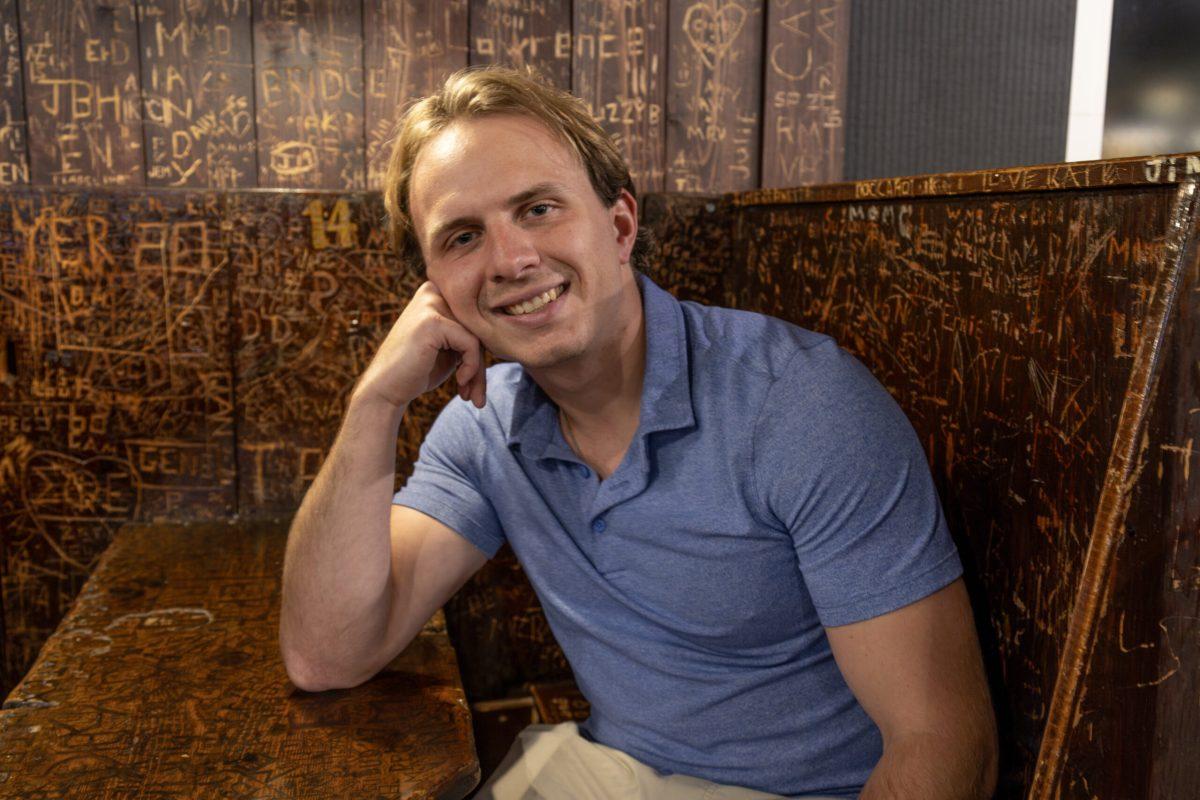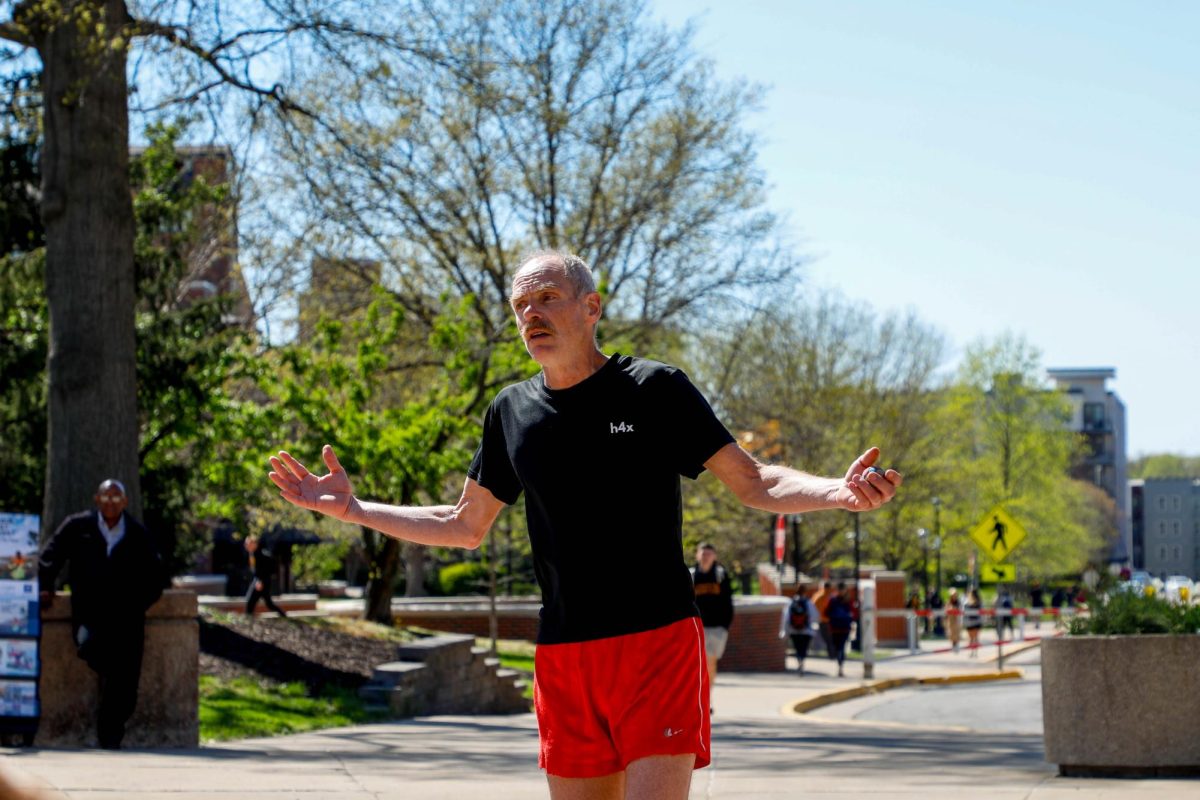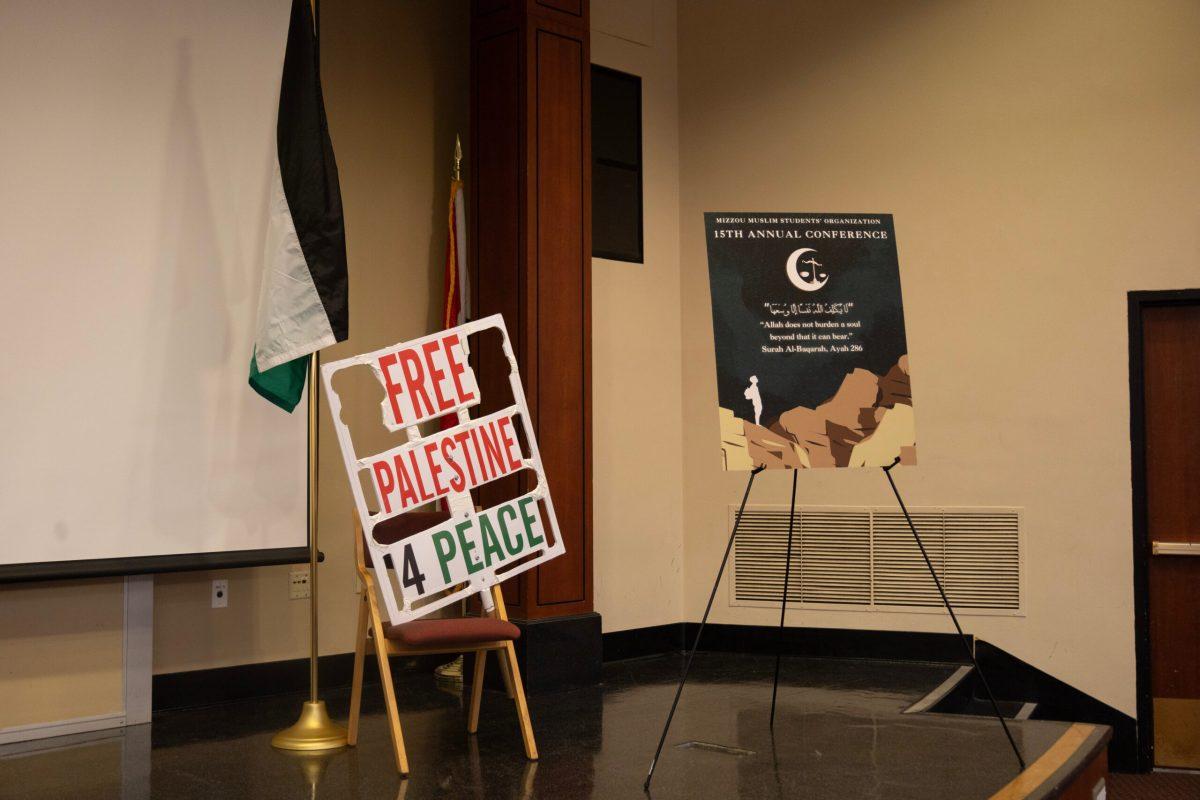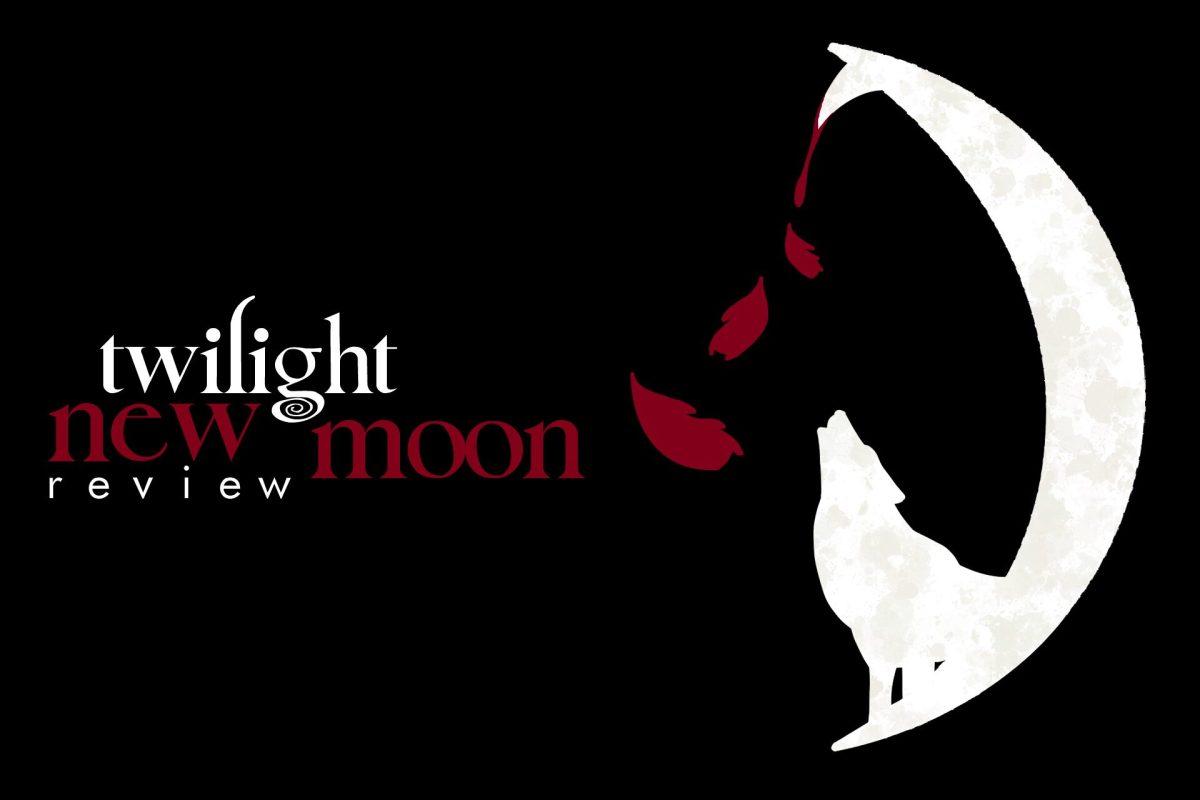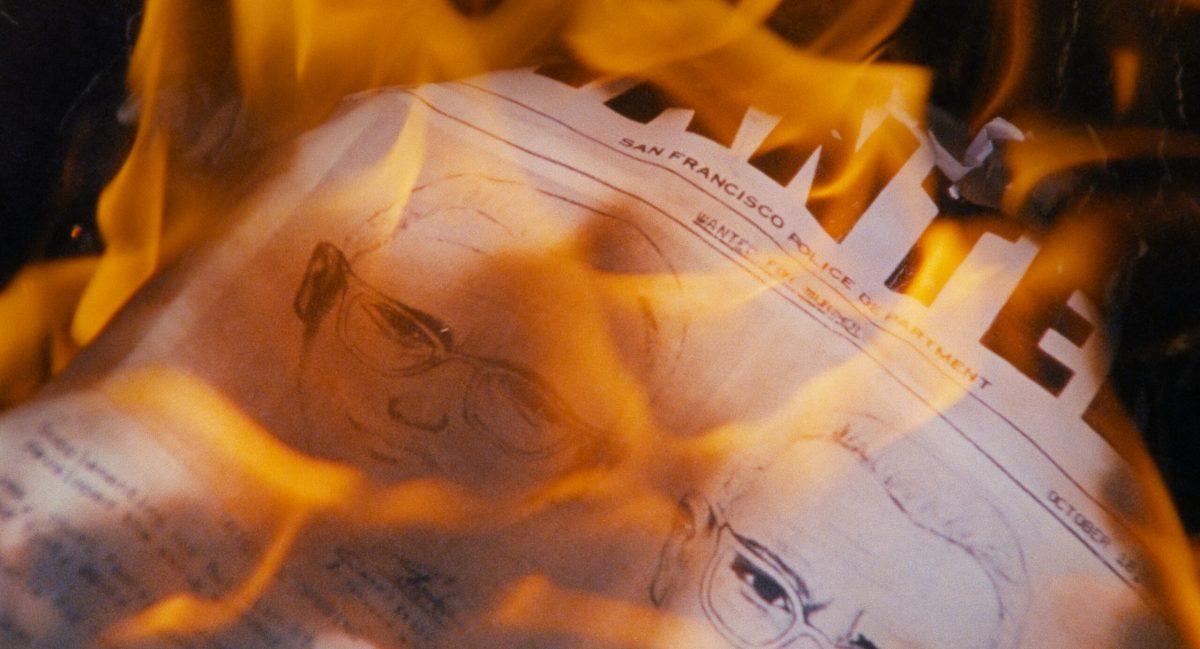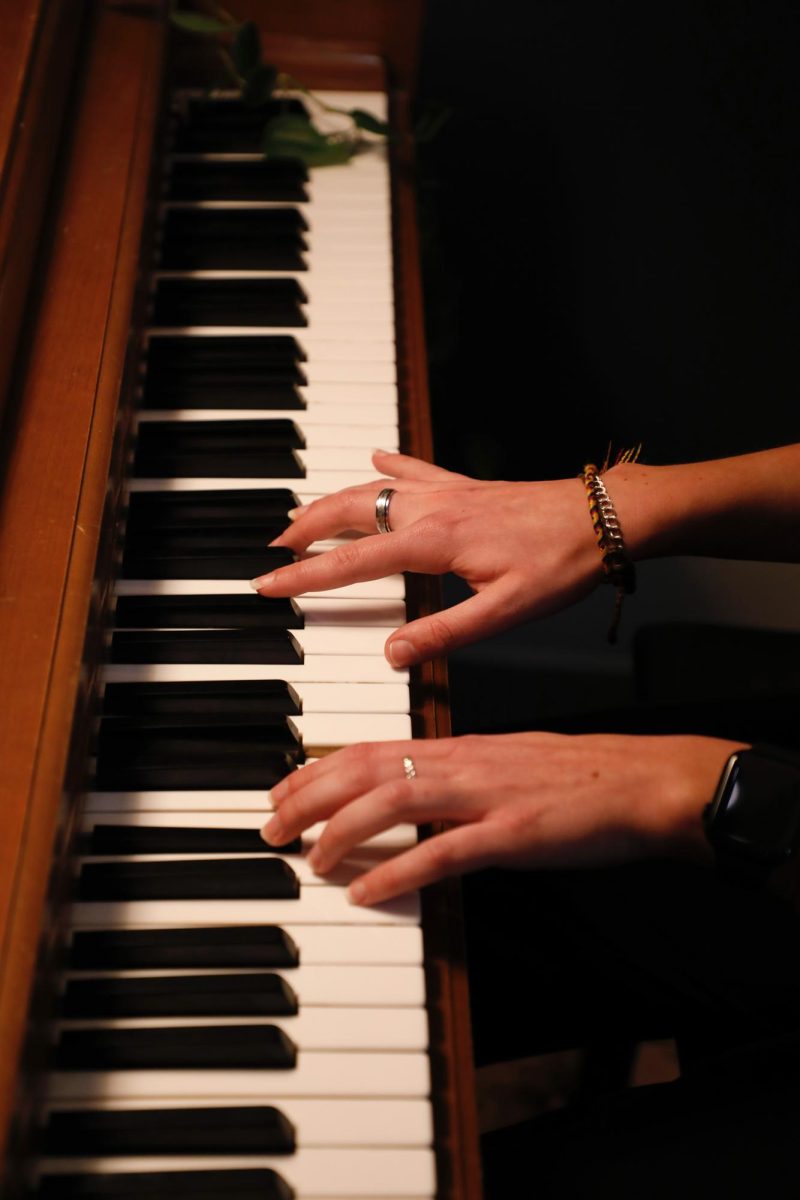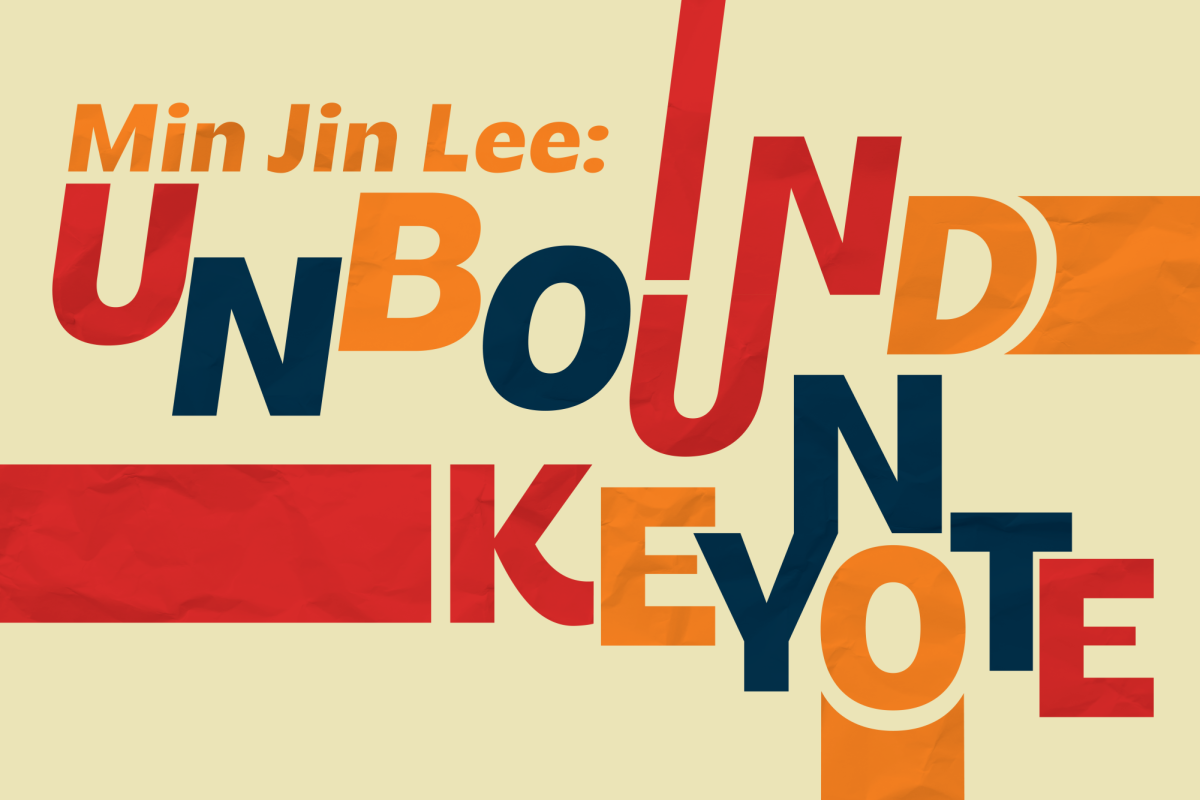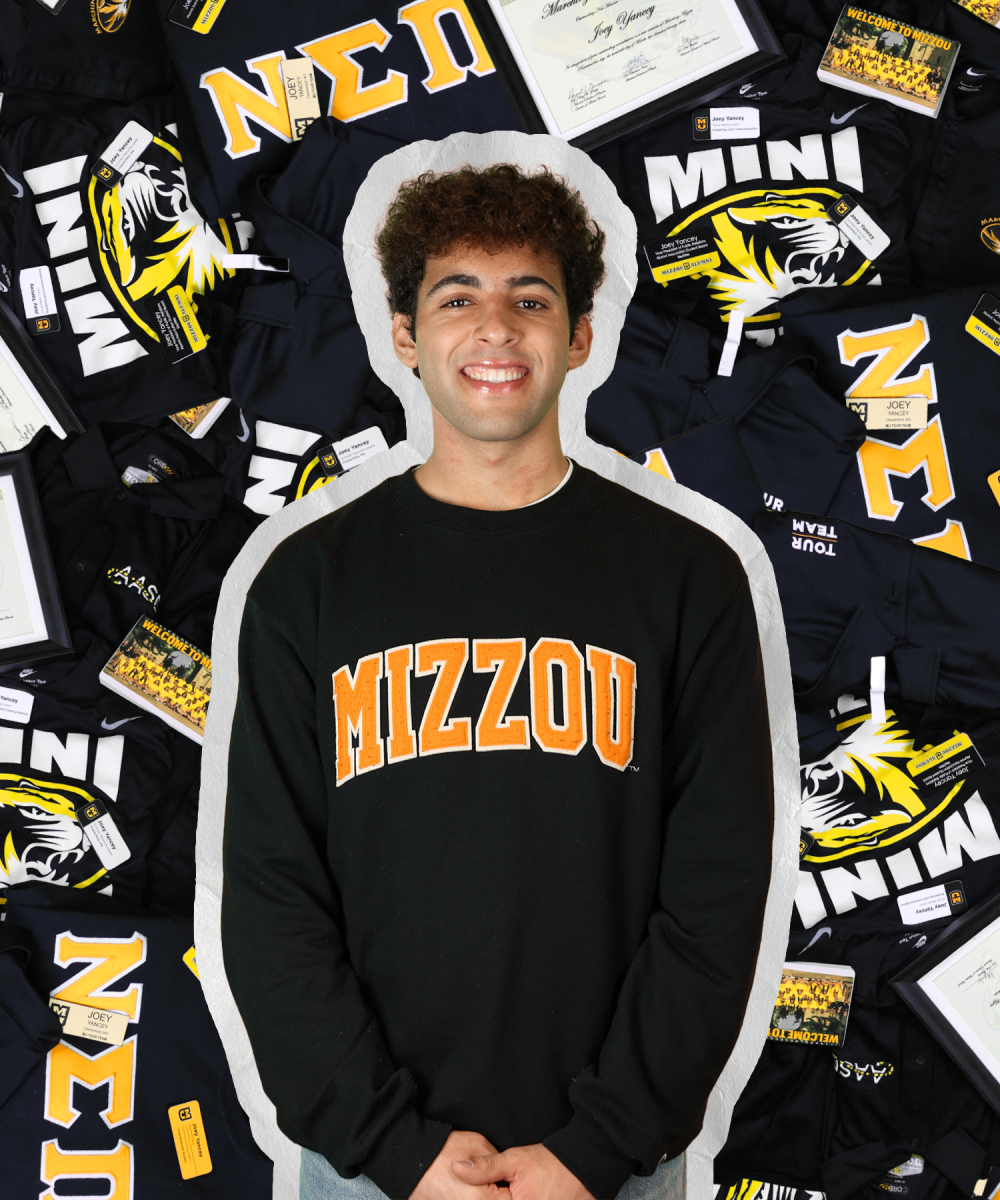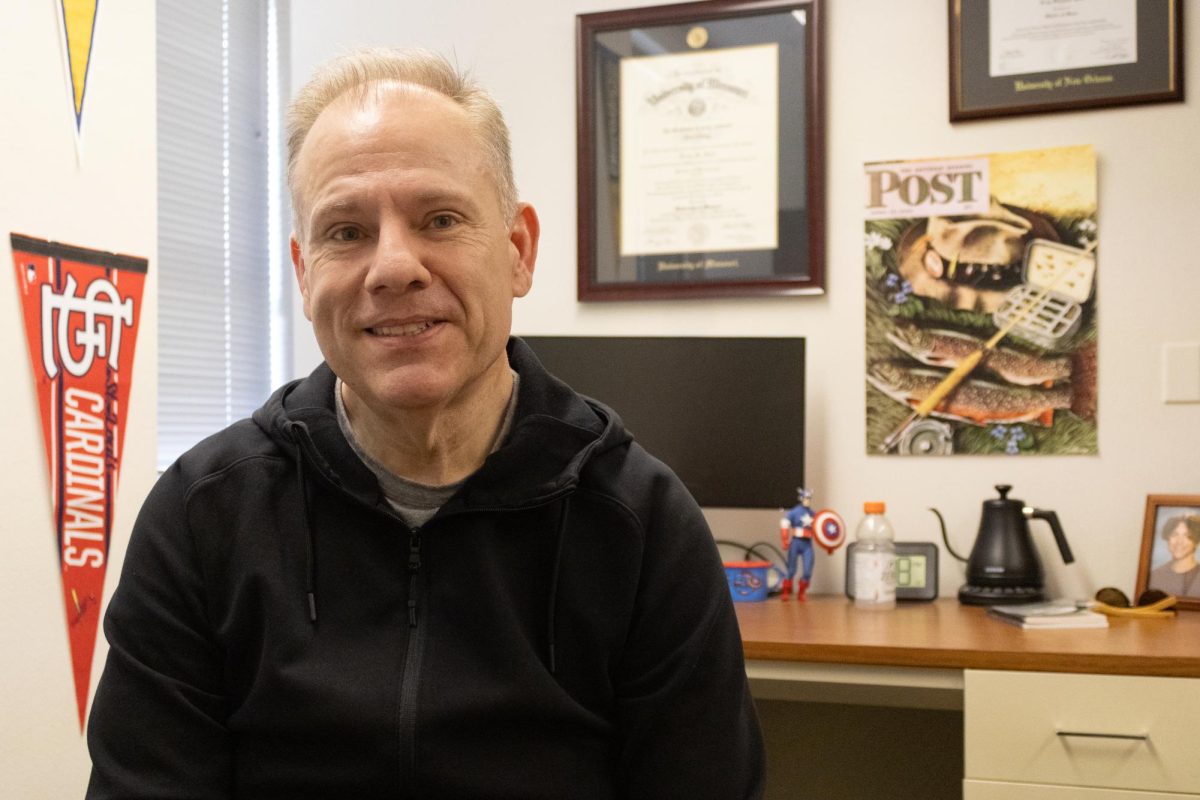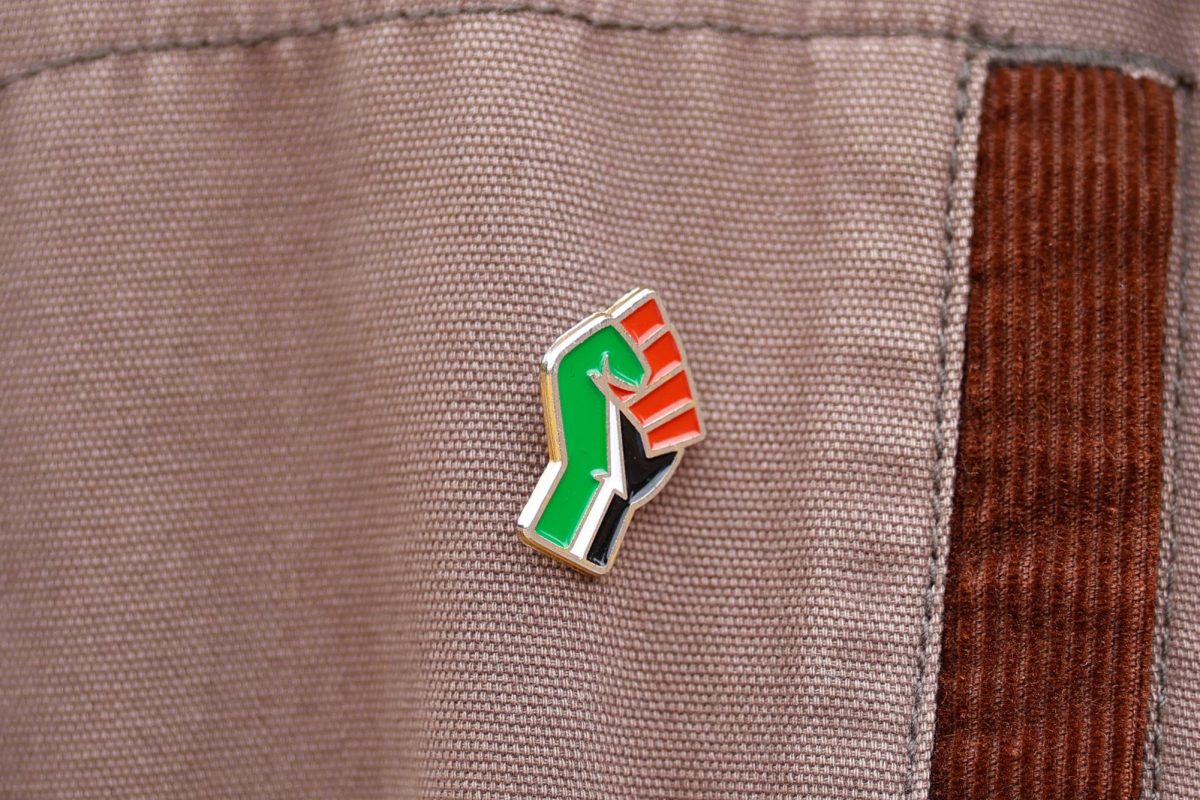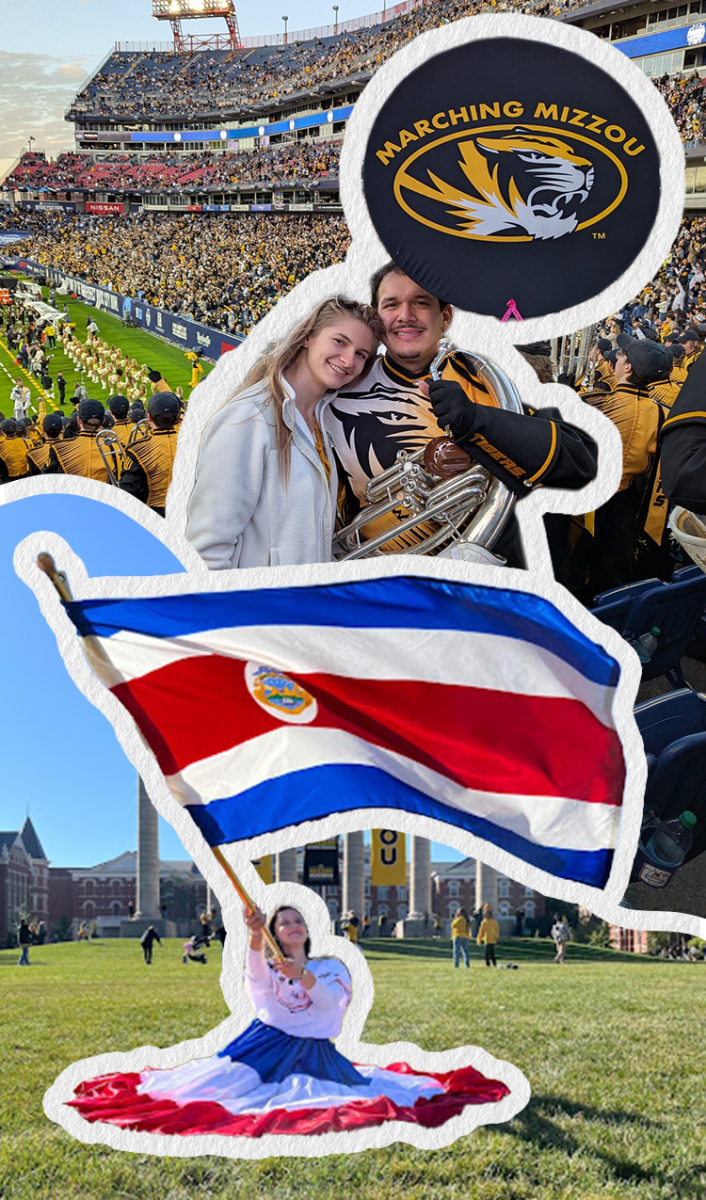Dutton’s work with the 2023 MU Homecoming Blood Drive was inspired by his childhood cancer
At seven years old, senior Robbie Dutton was diagnosed with a rare form of cancer that had only been documented five times before his case. After spending the better part of two and a half years receiving chemotherapy treatment at St. Jude Children’s Research Hospital in Memphis, Tennessee, Dutton was declared cancer-free.
Eleven years later, Dutton serves as a 2023 Homecoming Blood Drive Liaison for MU’s chapter of Phi Delta Theta. He was inspired to become a Blood Drive Liaison because blood transfusions were a part of the treatment that saved his life.
As a very active kid, seven-year-old Dutton and his family assumed that the bruise on his right leg was no big deal. After watching it change colors and grow in size within days, Dutton’s mother, who is a nurse, decided to take him to a nearby doctor in St. Louis.
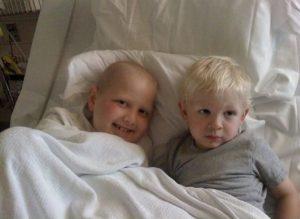
At first, doctors determined that it was a hematoma, which didn’t raise major concerns. After a second visit, doctors found characteristics of non-Hodgkin’s lymphoma in his leg and other symptoms they were not familiar with.
On Oct. 3, 2008, Dutton was diagnosed with a rare form of cancer, manifesting as a blastic plasmacytoid dendritic cell tumor in his right leg. Doctors in St. Louis were not able to determine a course of treatment for this kind of cancer, so they sent a biopsy to labs across the country. Within days, the Dutton family received a call from an oncologist at St. Jude.
“Once I got diagnosed […] I had an amputation for my leg scheduled for Oct. 11,” Dutton said. “Then we got a call from a doctor at St. Jude, and they said, ‘Hey, we think we might have something here’ […] It was not a guarantee that their treatment would work, but they were working really hard to try to find something.”
Within a few days of the phone call, Dutton and his family moved into the Ronald McDonald House at St. Jude’s campus. During his time at St. Jude, Dutton went through 22 different types of chemotherapy treatments.
“I was the guinea pig for this whole thing,” Dutton said. “I was the sixth person to ever be diagnosed with the type of cancer that I had, and the first to ever actually be treated for it […] it was kind of like trial and error.”
According to Dutton, there were multiple times where his blood counts were at zero, meaning he had no white blood cells or disease-fighting agents in his body. This means if he were to catch an illness as minor as a cold he would have had to go to the hospital.
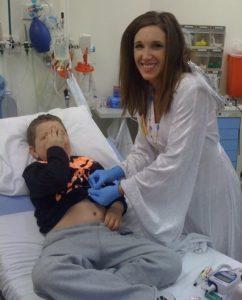
Throughout his treatment, Dutton did end up in the ICU several times for minor medical issues that wouldn’t ordinarily require this kind of attention. He also received several blood transfusions.
“I don’t know what would have happened if I didn’t have my blood transfusions,” Dutton said. “I would have had to be quarantined, like isolated completely.”
When reflecting on his treatment, Dutton recalls the significant improvement he would feel after receiving a blood transfusion. He also remembers the stress he and his family felt during national blood shortages due to the importance of the transfusions on his recovery process.
“I remember when there [were] talks of blood shortages, it was pretty scary for my family,” Dutton said.
Blood shortages are still a national problem, but organizations like the Mizzou Homecoming Steering Committee work to eradicate shortages. According to MU, the university’s annual Homecoming Blood Drive — which is run in partnership with the American Red Cross — has grown to become the largest student-run blood drive in the country.
Having benefited from blood transfusions in his youth, Dutton decided to become a Homecoming Blood Drive Liaison for Phi Delta Theta for his final year on campus.
Being a Blood Drive Liaison, Dutton had the responsibilities of checking people in and out of the blood drive, sending reminder texts to members in advance of their appointment, finding replacements for those who could not donate and more.
Dutton also shared his story with both chapters of his Greek life homecoming pairing — comprising Delta Delta Delta and Phi Delta Theta — urging them to donate if eligible.
“In our last blood drive meeting, we were stressed because people were giving us last minute excuses,” Delta Delta Delta Homecoming Blood Drive Liaison and MU sophomore Natalia Gomez del Campo said. “Robbie reminded us that at the end of the day, it’s all about the blood donations. He was the only person to say that.”
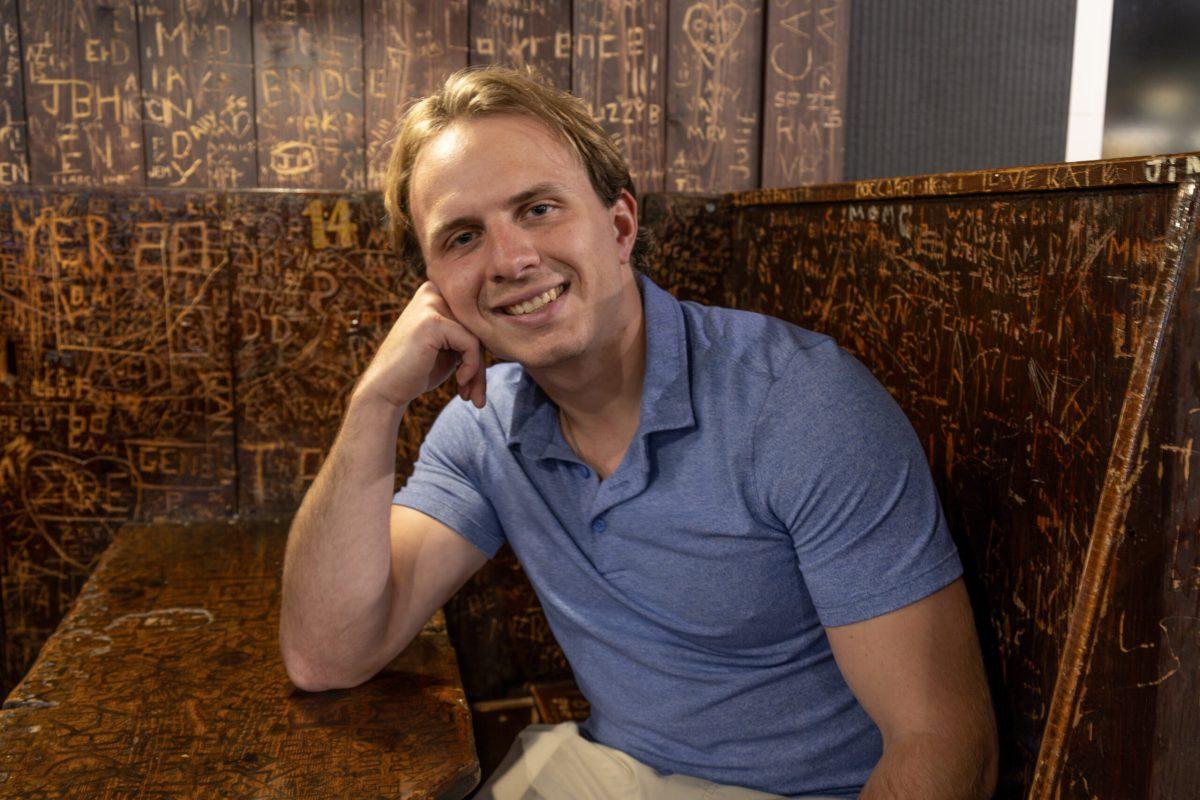
Each Homecoming, the sorority and fraternity pairings compete with each other in multiple events and activities — including the blood drive — with the goal of earning the most points. The blood drive is one way for the Greek life pairings to receive points by having their members donate blood.
Dutton prioritized reminding his pairing that the end goal of the blood drive is saving lives, not points.
“I think it’s really easy, especially in Greek life, with a blood drive, to get wrapped up in just chasing points,” Dutton’s friend and Phi Delta Theta Head Homecoming Liaison Ethan Peter said. “Robbie keeps us all grounded in the fact that it’s a lot bigger than just this little competition. There are people that are alive today because people were willing to donate blood at the Mizzou Blood Drive.”
The annual MU Homecoming Blood Drive took place from Oct. 9 to 12 at the Hearnes Center. Due to the efforts of those like Dutton, this year’s donations set a new record of 4,744 units of blood donated, which has the potential to save 14,232 lives.
Dutton said he is incredibly happy with this year’s blood drive results, and he urges people to take pride in donating, knowing that it could save lives.
“A lot of people don’t realize that your donation is helping right away,” Dutton said. “Your blood will go somewhere, and it will go to somebody who needs it, and it will help them.”
Edited by Annie Goldman | [email protected]
Copy Edited by Sterling Sewell | [email protected]
Edited by Sophie Rentschler | [email protected]

